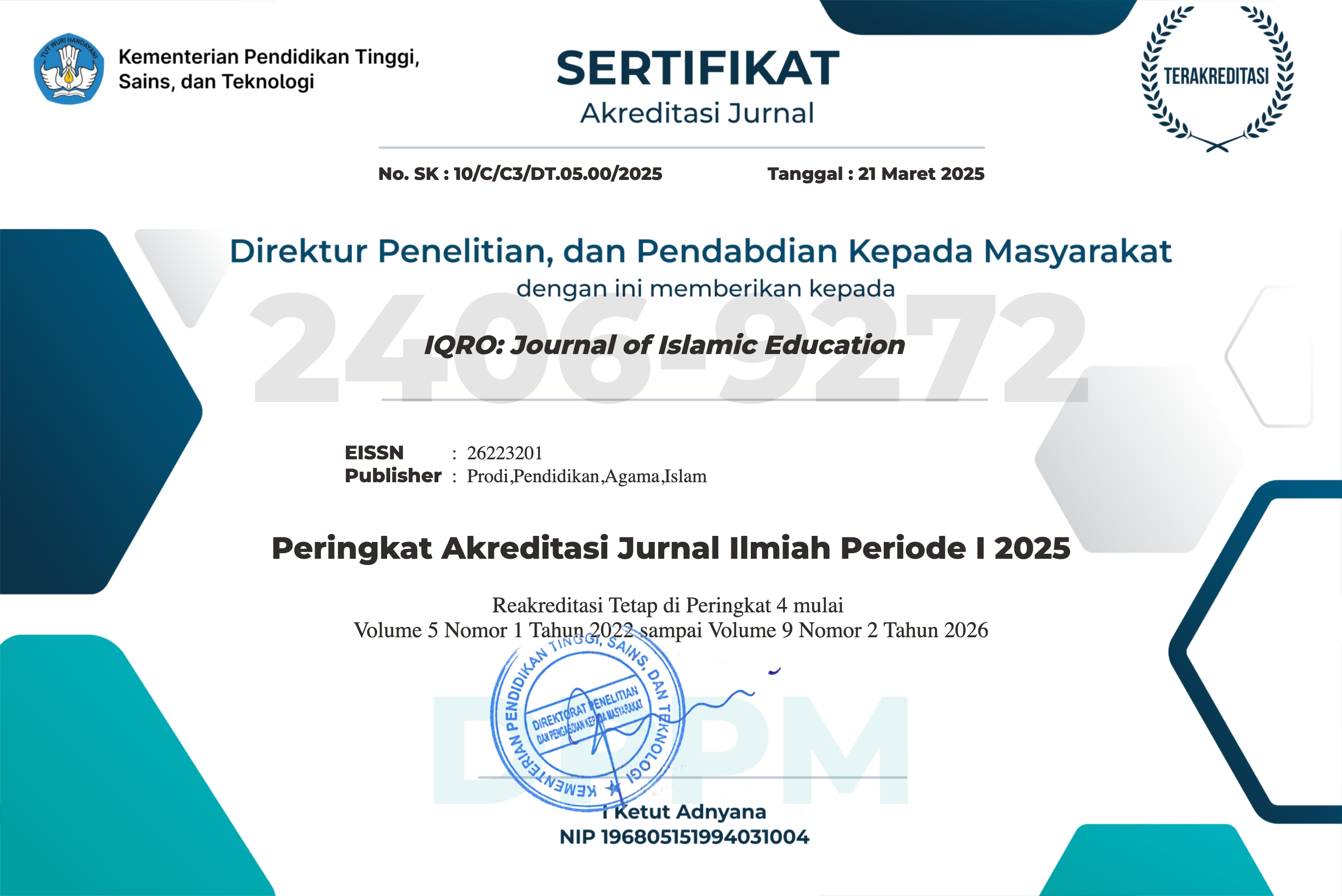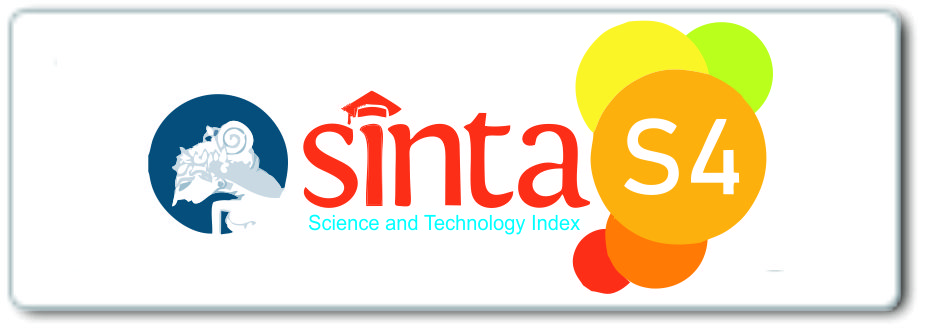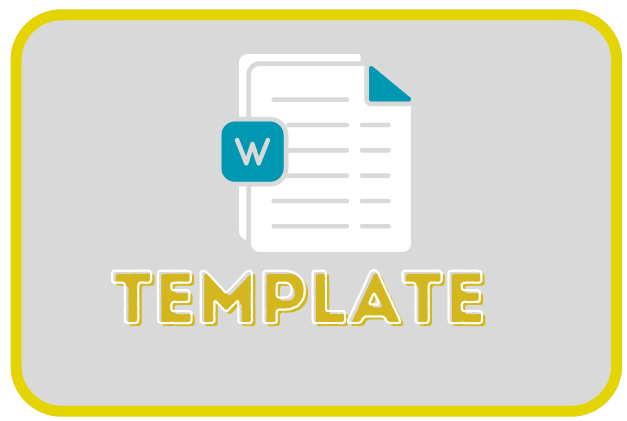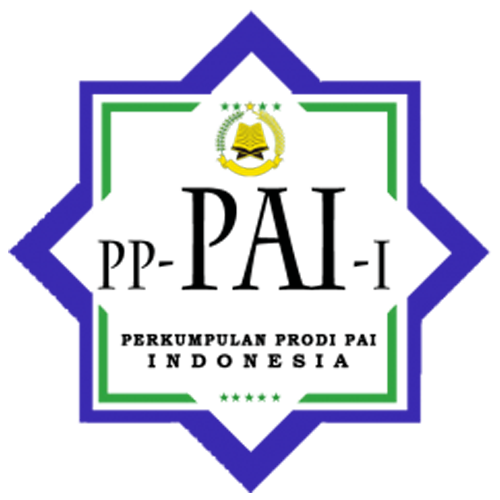Analisis kemampuan kognitif terhadap kreatvitas Pada era digitalisasi
DOI:
https://doi.org/10.24256/iqro.v7i1.4794Keywords:
Contribution of Kiai, Islamic Boarding School, Tasamuh CultureAbstract
References
Arif Ainur Rofiq, (2016). Keterampilan Komunikasi Konseling. Bogor, PT. Graha Cipta Media.
Afron Shoji, (2018). Hypnotic Counseling. Pekalongan, Shoji Media Sakti.
Arintoko, (2009). Wawancara Konseling di Sekolah. Yogyakarta, Penerbit Andi.
Agnoli, S., Franchin, L., Rubaltelli, E., & Corazza, G. E. (2015). An eye-tracking analysis of irrelevance processing as moderator of openness and creative performance. Creativity Research Journal, 27(2), 125–132. https:// doi.org/10.1080/10400419.2015.1030304
Feist, G. J. (1998). A meta-analysis of the impact of personality on scientifc and artistic creativity. Personality and Social Psychological Review, 2, 290–309.
Kaufman, S. B., Kozbelt, A., Silvia, P., Kaufman, J. C., Ramesh, S., & Feist,
G. J. (2014). Who fnds Bill Gates sexy? Creative mate preferences as function of cognitive ability, personality, and creative achievement. Journal of Creative Behavior, 48, 1–19 https://doi.org/10.1002/jocb.78
Maliki, M.P.I. (2017). Bimbingan Konseling di Sekolah Dasar. Prenada Media.
Saepul Hamdani, “Pengembangan Kreativitas Siswa Melalui Pembelajaran Matematika Dengan Masalah Terbuka (Open Ended Problem),†Didaktis 5, no. 3 (October 2007): 61.
Sofyan S. Willis, (2014) Konseling Individual Teori dan Pratek, Bandung, Alfabeta.
Utami Mundandar. Mengembangkan Bakat dan Kreativitas Anak Sekolah. (Jakarta: Gramedia Widiasarana Indonesia, 2012),






 This is an open access article under the
This is an open access article under the 